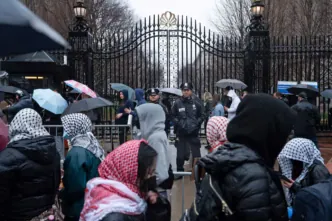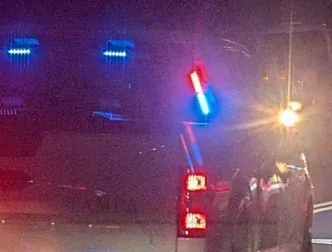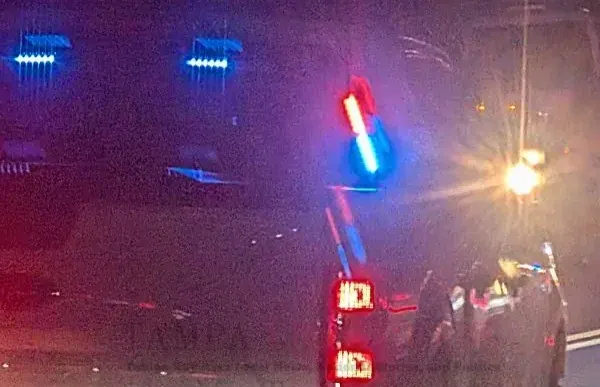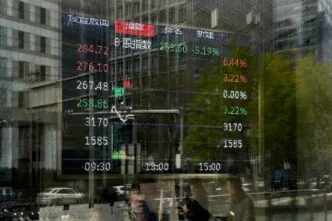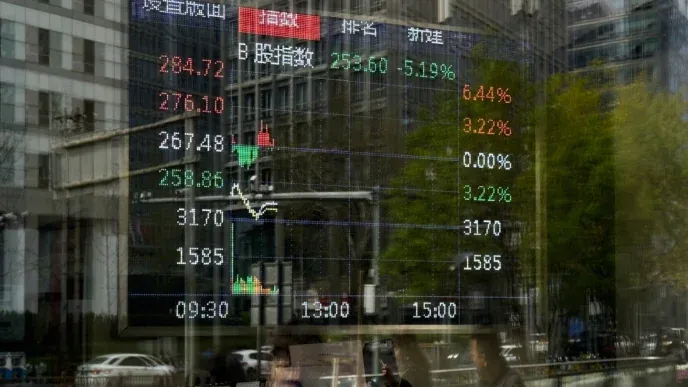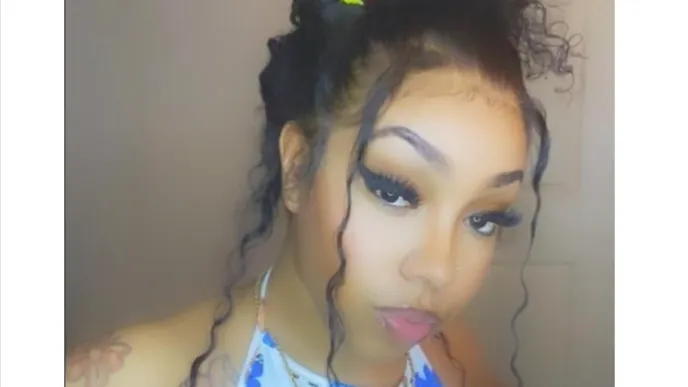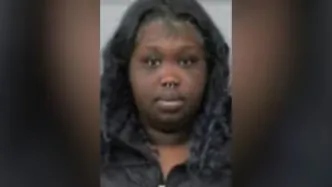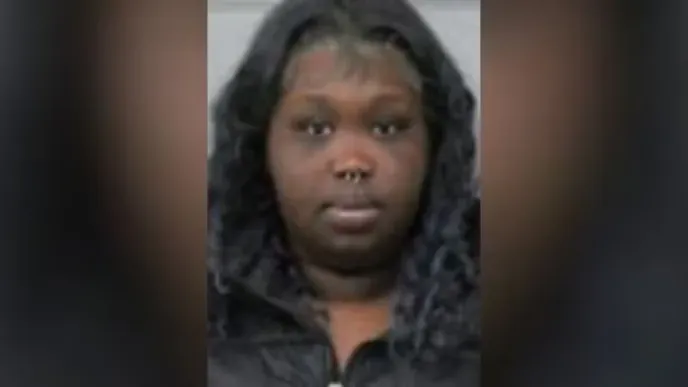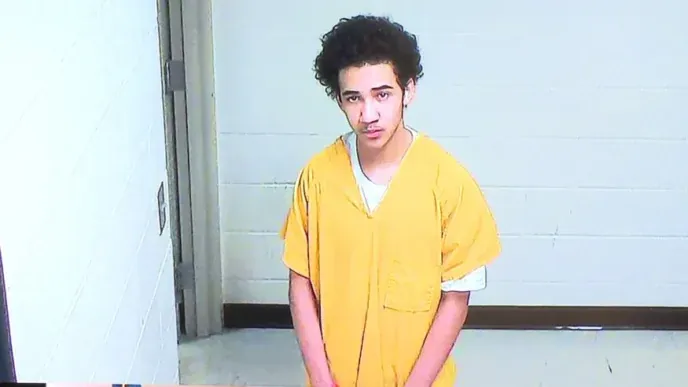NEW YORK — Columbia University has appointed 36 new special patrol officers with powers of arrest, following approval by the New York Police Department (NYPD) and under New York State’s Peace Officers law, university officials confirmed this week.
The officers, although employed and paid by Columbia, have been sworn in by the NYPD commissioner and will be subject to NYPD rules, regulations, and oversight. The move comes after a turbulent year on campus, marked by pro-Palestinian protests, including tent encampments and building occupations that led the university to call in the NYPD twice last spring.
Dual Role: Columbia Employees, NYPD Appointees
Columbia spokesperson Samantha Slater clarified that while the officers are selected and employed by the university, they are granted law enforcement powers through NYPD appointment. This includes the authority to make arrests, use physical force, and issue summonses — responsibilities typically reserved for city police officers.
“These laws give Columbia the authority to have Special Patrol Officers, with the police commissioner’s appointment,” Slater wrote in response to Reuters inquiries.
Though employed by Columbia, these officers are legally obligated to follow NYPD protocols and report any arrests or summonses to the nearest NYPD precinct.
Unarmed but Empowered
The NYPD stated the new officers will be unarmed, but must complete a 162-hour state-certified training program. Once sworn in, they will patrol Columbia’s privately owned buildings, plazas, and gated campus lawns — areas where regular NYPD officers cannot routinely operate without university approval.
Arrestees will initially be held and processed at a Columbia-run campus facility about 20 blocks from the main Manhattan campus, before being transferred to an NYPD precinct.
Response to Campus Unrest
Columbia’s decision to bolster its security presence appears tied to mounting political activism on campus, especially surrounding calls for the university to divest from Israel and release student Mahmoud Khalil, as seen in recent city-wide student protests.
The university maintains that the move is part of a broader effort to ensure campus safety and manage incidents internally, without needing to repeatedly summon the NYPD.
Uncertainty Remains
While Columbia insists the process aligns with state law and city code, Reuters was unable to independently verify the full scope of the hiring and appointment procedures. Some critics fear this growing internal police force may pose a threat to student activism and free speech on campus.
“They are hired, selected, employed, and funded by Columbia,” Slater reiterated after the article’s initial publication, disputing any implication that the officers are fully controlled by the NYPD.
This Article Includes
